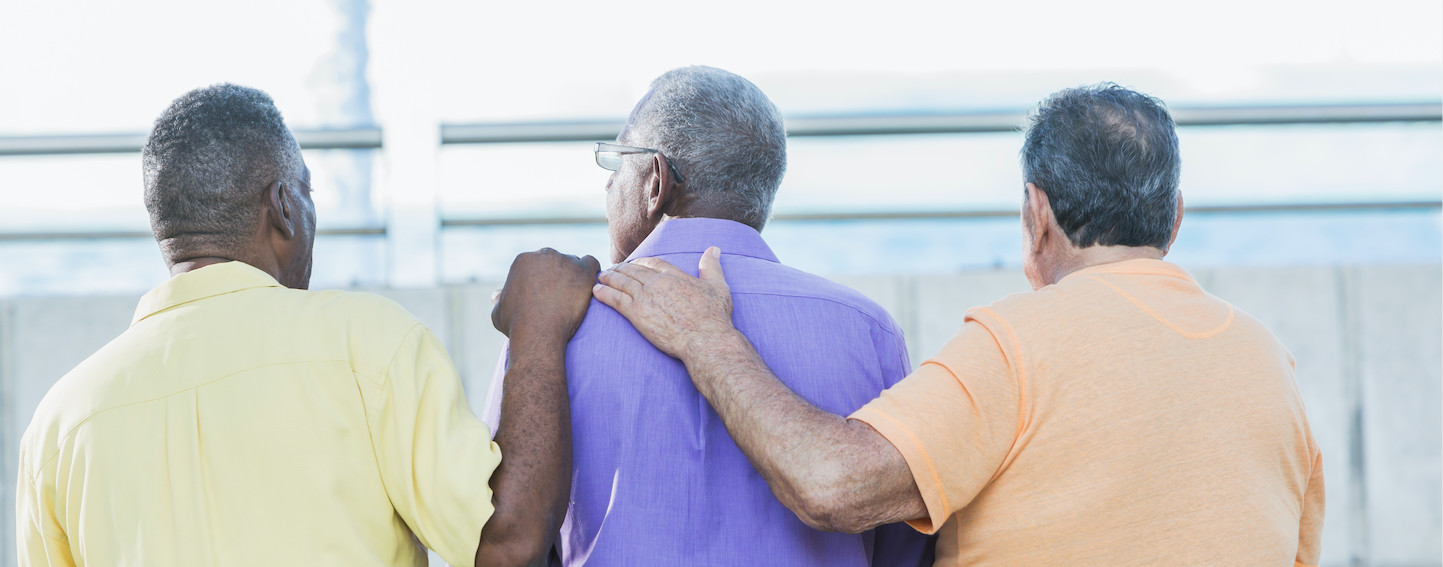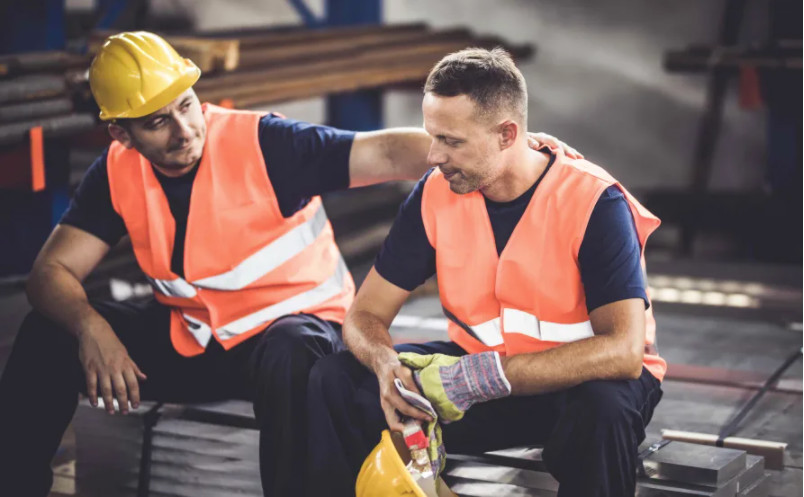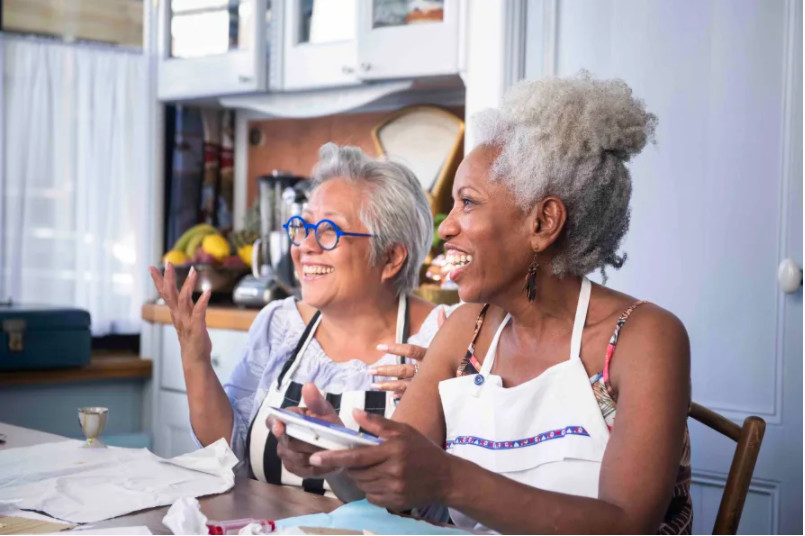
Health & Medicine
Dealing with feelings about COVID-19

In times of extreme change – like finding our ‘COVID normal’ – social support is essential. Here are six evidence-based tips for providing support
Published 13 November 2020
Melburnians have been doing it tough this year. The recent easing of restrictions has offered a light at the end of the tunnel, but there are struggles ahead as we transition to the new COVID normal.
So what does science say about how we can best support each other during this upheaval?

Social support is key to a happy and healthy life — people who have and seek support from others tend to be more mentally and physically healthy. Supportive interactions also strengthen our relationships, meaning we can use support to shore up our social connections for when we need help down the track.

Health & Medicine
Dealing with feelings about COVID-19
But despite being critical for personal and social well-being, and while well-intentioned, the support we provide to others is often ineffective. Fortunately, research has some tips for how we can provide more effective support to others.
1. Validate first, reframe second
There are two ways we support others in emotional interactions. Emotional support involves providing comfort and validating the other person’s feelings, including by being empathic, by listening and by expressing understanding to a friend who is having trouble.
Cognitive support involves reframing or changing the way people think about their emotional experience, like helping a friend find the silver lining in a tough situation, or by changing the way a friend understands their problem.

Our intuitions about these two types of support are often wrong: most people prefer to receive and provide emotional support, but surprisingly it’s not helpful in making them feel better. In contrast, people avoid, and even dislike, cognitive support, but it is actually more helpful than emotional support in managing emotional situations.
This means that although people prefer validating, reframing is more useful for them in the long term. How to address this conundrum?
A solution is to provide both types of support; starting with validation, saying something like “I understand why you feel this way, it must be hard” and then reframe the situation, saying something like “This challenge might eventually be an opportunity”.

Health & Medicine
Exercising your emotions
Providing emotional support before reframing makes others feel validated, which improves the effectiveness of subsequent cognitive support. This way we can reap the benefits of both approaches.
2. Avoid downward spirals
Who doesn’t like a good vent? Although it might feel good in the short term, this can be problematic if we do it too much together.
Sometimes when we talk to others about their problems, we spiral down together as we vent back and forth, focusing on our problems and negative emotions. This is called co-rumination, and it’s associated with negative emotional outcomes for both people in an interaction.
If you find yourself in this kind of interaction, you can interrupt these downward spirals by changing the topic of conversation, or by pursuing a shared distracting activity. You can return to the discussion when you feel ready to try working towards a more constructive solution.
3. Be accurate, and facilitate, don’t dominate
Social support is most helpful when it provides truth, helping the other person to understand the situation more fully, and offering them control, helping the other person feel as if they’re capable of managing the situation.

When support gives people both truth and control, they both feel better and do better. Providing help with control can be tricky, because sometimes others infer that you think they’re incapable of managing on their own. This paradoxically makes people feel less in control of the situation, rather than more.

Health & Medicine
The mental cost of keeping a secret
To help effectively, avoid directive guidance: facilitate the other person’s choices, rather than dominating them. Try asking people to talk through what they could do to improve their situation with you, rather than telling them straight out what you think they should do.
4. Listen well
You can improve your listening skills with two easy techniques. First, a good listener is attentive, which can be demonstrated by providing nonverbal signals and brief phrases like “mm-hmm”. These unobtrusive responses reassure the other person that you’re both listening to and understanding them.
Second, a good listener also provides scaffolding to help the other person tell their story. They do this by asking questions including “what happened next?” and helping elaborate on ideas, for example asking “do you think they did that because they were worried?”.
5. Be responsive, not dismissive
Being responsive to others – trying to understand them, valuing their opinions and abilities, and making them feel cared for – is a cornerstone of good relationships. Indeed, some studies suggest that social support is only helpful when it includes responsiveness.

Negative interactions happen when people ignore or invalidate others’ feelings, or are dismissive of how they feel. Instead, showing compassion and nonjudgmentally accepting others’ feelings helps them feel seen and supported.
6. Celebrate the good things!

Health & Medicine
Is there a science to staying alive longer?
We don’t just seek out others to commiserate misfortune. We also come together to celebrate good news.
A long and arduous lockdown is coming to an end, and there is an abundance of small joys to be had. Research suggests we should share these joys with others.
When someone has something good to share, respond with enthusiasm, use your body language to show genuine interest, and ask questions that let them relive the positive experience.
In other words, encourage them to gush. Actively and constructively responding to others’ positive news not only amplifies their happiness, but also yours. It is the key to building and nourishing healthy relationships.
Melbourne is coming out of lockdown because we’ve been pulling together. Now we need to support each other through the changes to come.
It has been, and will continue to be, a long road toward normalcy, but with a little help from science, we don’t have to make that journey alone.
Banner: Getty Images